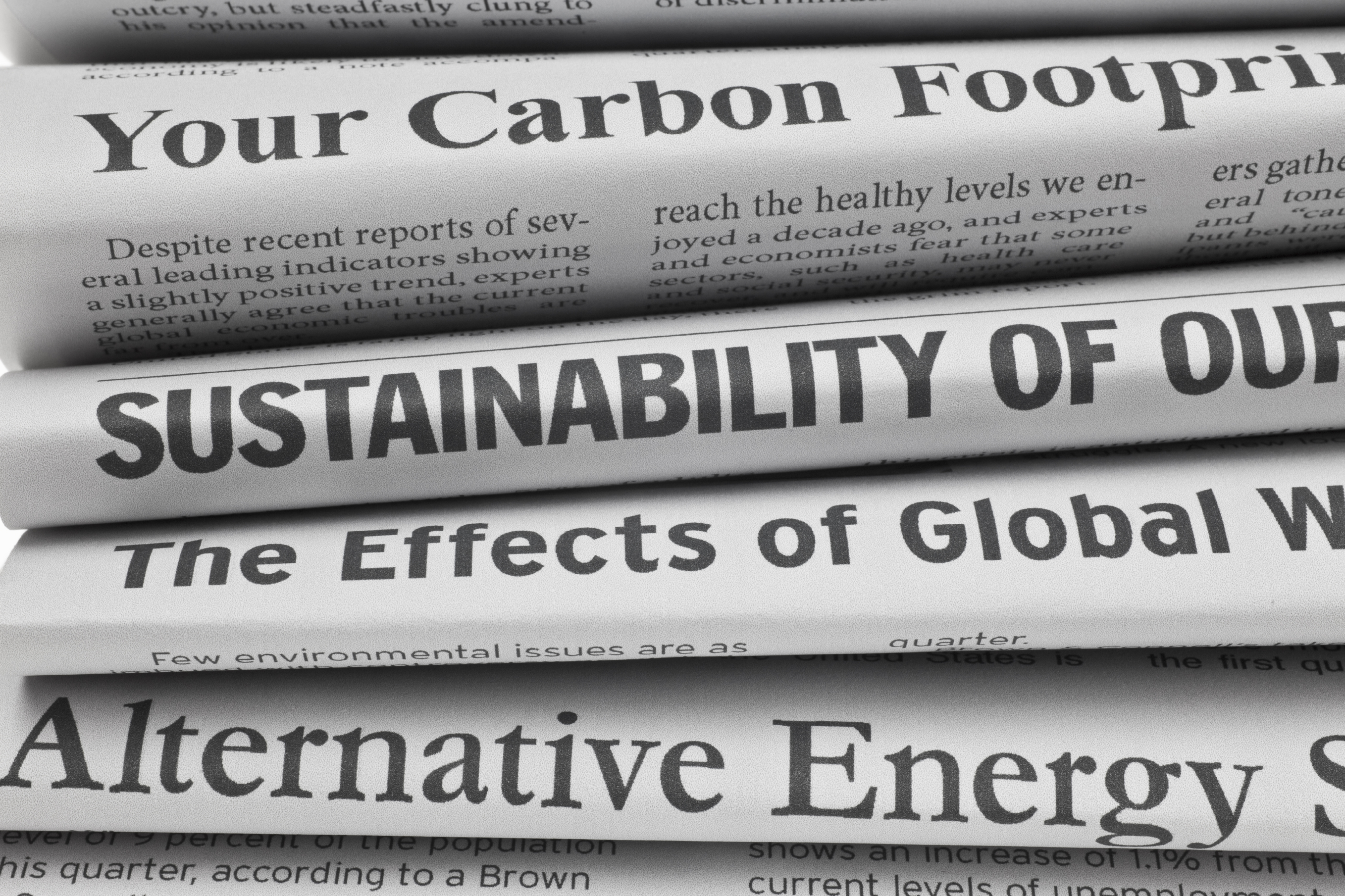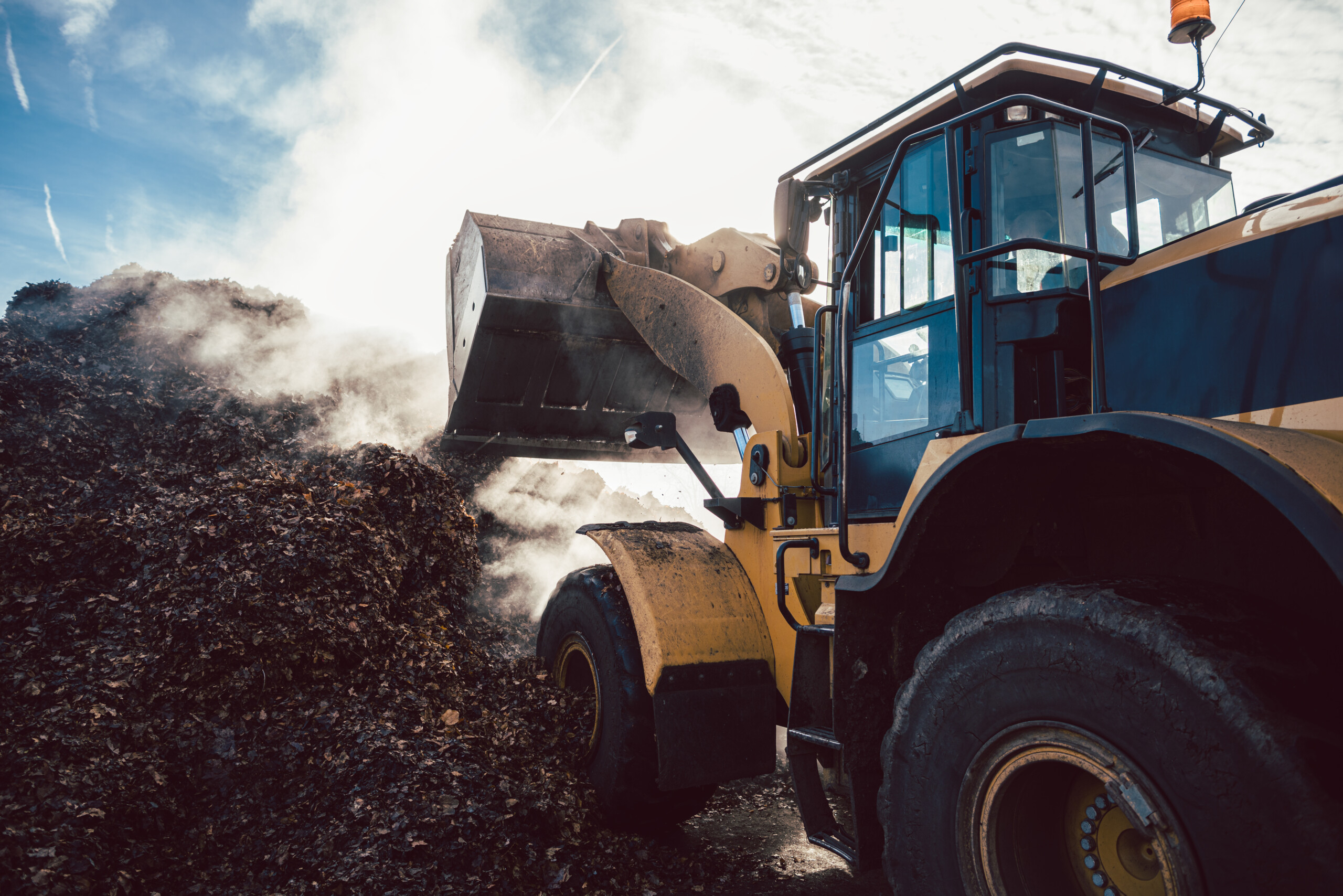EUBP Conference 2021 goes hybrid in Berlin with an impressive speaker line-up and the latest in bioplastics
Berlin, 9 November 2021 – The 16th European Bioplastics (EUBP) Conference, Europe’s leading business and networking event for the biopolymer industry, will take place on 30 November and 1 December 2021. “At EUBP, we are very happy to hold this year’s conference in Berlin again. The varied programme, including an impressive speaker line-up, will [...]






